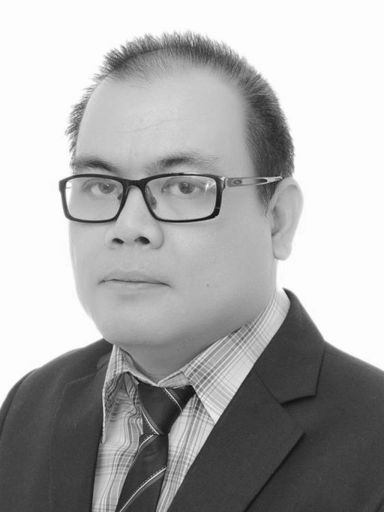
RAMIREZ
Since 1986 after the country freed itself from the iron-fisted rule of a former dictator, the mainstream media has never felt as threatened in the same democratic space where it flourished and functioned as the mirror of the society until lately when its credibility is being attacked through the barrage of fake news and alternative truths peddled on the social media.
Propagators of fake news and alternative truths are hitting the mainstream media where it hurts most — the question on its credibility — trying to taint the integrity of its news with allegations that journalists can be bought and therefore not objective and reliable sources of information.
Fake news and alternative truths are apparently the new threats to press freedom, and the fight against this new menace could not gather momentum if there are members of the mainstream media who continue to allow themselves to be used to serve the interest of politicians and private lobby groups.
It is apparent that fake news and alternative truths on social media are not only used as a tool to promote the interest of its patron.
It is also aimed at obliterating the credibility and integrity of the mainstream media, to tear down the industry that checks and balances the excesses of the government officials and instrumentalities.
In this time that the mainstream media, which is supposed to be the watchdog of society, is facing a serious threat, it is only right and proper that the players in the industry must seriously consider cleaning its ranks from rotten members as like one bad cop is enough to contaminate the entire police force.
Gone are the days when the mainstream media is the sole monitor of power because the ability to send information to a mass channel is no longer the exclusive domain of the mainstream media and anyone can assume the watchdog role and the mainstream media itself is being critically monitored.
Attacks against the mainstream media would continue to gain momentum as long as envelopes continue to exchange hands during press conferences and interviews.
Last school year, the Department of Journalism and Communications of the University of San Jose–Recoletos (USJ-R) documented at least 12 incidents where its interns were handed envelopes filled with money or gift certificates during press conferences and interviews. This semester alone, the count has already reached to five incidents.
One of those who returned envelopes that contain a gift certificate this semester is this paper’s intern Patricia Luardo who is a fourth-year Bachelor of Arts in Journalism student.
No amount of media literacy on the part of media consumers can solve the problem if industry leaders continue to turn a blind eye to what is happening in the industry because the public’s perception of the credibility of the media depends solely on the ethical practice of its members.
In his homily during the opening of the Press Freedom Week Celebration, Fr. Bobby Ebisa, SVD, who also happens to be the local chapter president of the Kapisanan ng mga Brodkaster ng Pilipinas (KBP), said that journalism should be considered a vocation rather than a career.
In the same occasion, Ebisa called for a paradigm shift in the practice, and what he would mean by this could be the voluntary cleansing by individual practitioners to make the industry less vulnerable by the disrespect it received.
The unabated rise of fake news not only on the social media sphere but also in the traditional media is precarious to the decision-making process of the members of the community because of the reality that we base our judgments on what we know.
The dominance of alternative truths and fake news either in the traditional and new media endangers the quality of conclusion and pronouncements the community will be making simply because there are members of the industry who allow themselves to be controlled by lies.